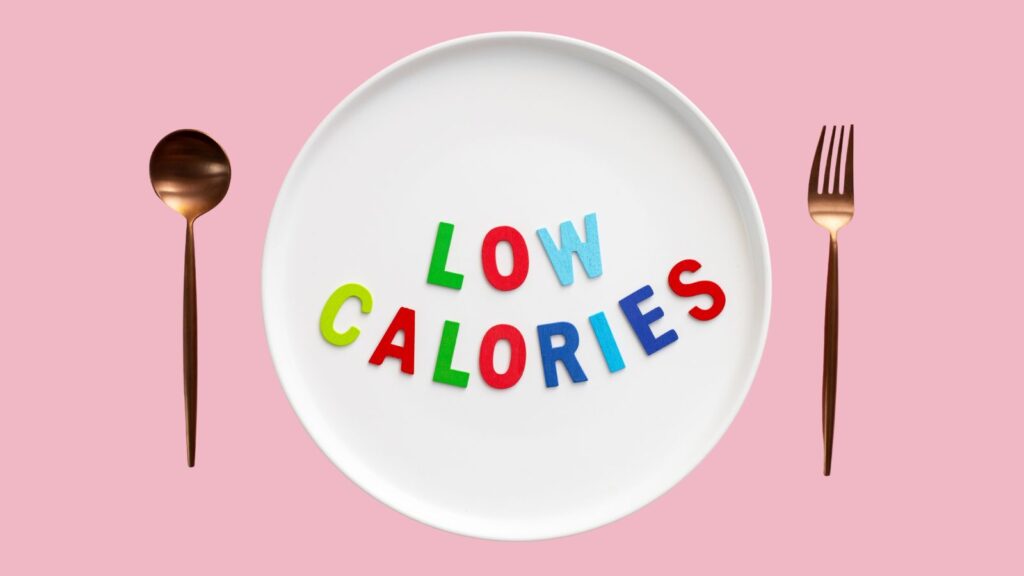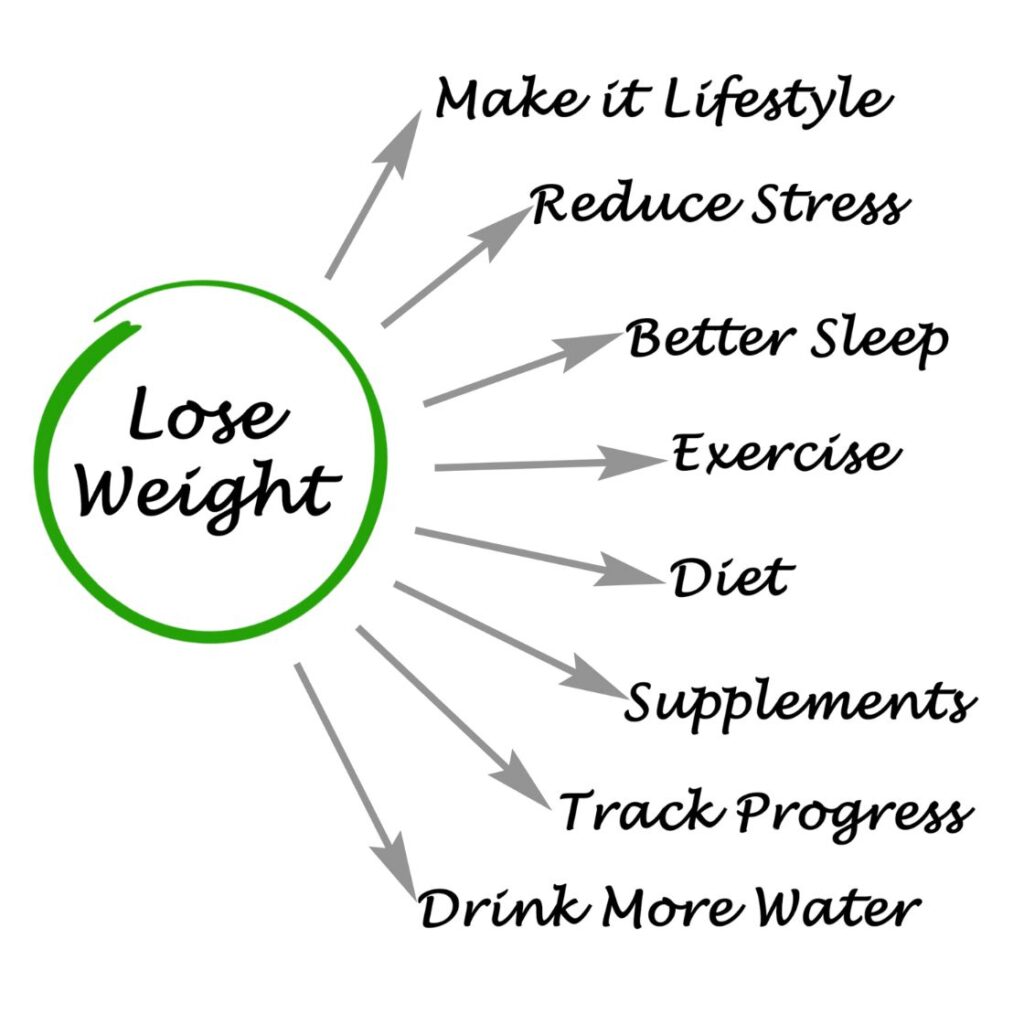Selecting the right diet can be irresistible, specially when so many choices claim to be the most actual for weight damage and total health. Two of the greatest popular and widely studied attitudes are low carb and low fat diets. Both have loyal followers and technical support, yet they work in very dissimilar ways. Understanding their changes, benefits, and problems can help you choose which diet suits your routine and health goals best. In this object, we’ll match low carb and low fat diets crossways key areas like weight loss, health effects, and long-term sustainability to give you a clear, stable image.

What Is a Low Carb Diet?
A low carb diet efforts on dropping the eating of starches, which are create in foods like bread, pasta, rice, sugary snacks, and a lot of processed products. By warning carbs, the body is fortified to burn fat for energy in its place of glucose from starches. This shift often leads to quicker fat loss, specially in the early steps of dieting. Low carb ideas typically stress foods rich in protein and strong fats, such as meat, fish, eggs, nuts, and certain oils. Popular samples take in the ketogenic diet and the Atkins diet.
The appeal of low carb diets often comes from their skill to decrease hunger and cravings, creation it easier for certain people to eat less without feeling deprived. Though, strict carb limits can be inspiring, particularly when eating out or in social events, which can make devotion difficult over time.
What Is a Low Fat Diet?
Low fat diets, in difference, limit the quantity of fat spent, specially saturated and trans fats that are known to donate to heart disease. In its place, these diets inspire the ingesting of starches from whole grains, fruits, vegetables, and thin protein sources like fowl and legumes. Low fat intake has been sponsored for periods as a heart-healthy method and remains general among many diet specialists.
By reducing fat, which is the greatest calorie-dense macronutrient, low fat diets aim to reduction overall calorie intake to care weight loss. This type of diet allows more freedom with carbohydrate-rich foods, which some persons find calmer to enjoy in social and national settings. However, cutting fat too low can now and then lead to improved hunger or trouble absorbing fat-soluble vitamins.
Weight Loss: How Do They Compare?

When it comes to weight damage, both low carb and low fat diets can be actual, but investigation shows some changes. Low carb diets frequently lead to faster weight loss in the first weeks. This is partially because dropping starches reduces water holding and may help switch appetite better for some persons. The fast results can be inspiring and inspire continued commitment.
On the other hand, low fat diets typically create more regular weight loss but can be similarly actual over some months or years, specially when joint with calorie control. The slower pace can now and then feel less affected but is often easier to retain in the long run.
Highly, studies propose that the best diet for weight loss is the one you can stick with constantly. The success of any low carb or low fat diets depends largely on private preference, routine, and how well the diet fits your routine.
Health Benefits Beyond Weight Loss
Both diets offer famous health assistances beyond flaking pounds. Low carb diets have shown talented results in improving blood sugar levels and insulin kindliness, which is helpful for people with type 2 diabetes or prediabetes. These diets may also raise HDL (good cholesterol) and reduce triglycerides, markers linked to better heart health. However, if low carb diets include a high intake of saturated fats from processed meats or full-fat dairy, they may raise LDL (bad cholesterol) in some individuals.
Low fat diets have long been linked to heart health benefits, such as lowering LDL cholesterol and reducing blood pressure. Since low fat eating typically encourages more fruits, vegetables, and whole grains, it also supports digestive health through increased fiber intake. However, some people may experience energy dips or increased hunger if the diet is too restrictive or lacks adequate protein.
Long-Term Sustainability and Lifestyle Fit
One of the most significant factors in selecting a diet is whether it fits your way of life and can be keep up over time. Low carb diets may feel preventive to people who enjoy breads, pastas, rice, and sweets. Adjusting to fewer carbs can be inspiring, especially in social settings or when eating out, which might touch long-term adherence. Some people experience what is known as the “keto flu” when initial a very low carb diet, which contains symptoms like weakness and headaches, though these usually pass within a few days.
Low fat diets tend to be more elastic since they allow a wider diversity of foods, including many carbohydrate-rich choices. This elasticity can make it easier to follow in day-to-day life and social states. However, stabbing to a low fat diet needs attention to food quality, as simply reducing fat but eating processed carbohydrates can negatively affect health and weight.
In the end, sustainability depends on personal preferences, cooking skills, cultural factors, and willingness to plan meals. The diet you enjoy and can maintain will likely be the one that produces the best results.
Making the Choice: Low Carb or Low Fat?

Decisive between low carb and low fat comes down to your separate goals, health status, and routine. If rapid weight loss and blood sugar control are urgencies, and you enjoy protein and healthy fats, a low carb diet might suit you. If you choose a more elastic diet with plenty of fruits and scraps and want to focus on emotion health, a low fat diet can be a better choice.
It’s also important to consider medical conditions or look up with a healthcare specialized before starting any diet. Personalized advice can help you avoid nutrient lacks and tailor the diet to your unique needs.
Conclusion
Decisive between low carb and low fat comes down to your separate goals, health status, and routine. If rapid weight loss and blood sugar control are urgencies, and you enjoy protein and healthy fats, a low carb diet might suit you. If you choose a more elastic diet with plenty of fruits and scraps and want to focus on emotion health, a low fat diet can be a better choice.
It’s also important to consider medical conditions or look up with a healthcare specialized before starting any diet. Personalized advice can help you avoid nutrient lacks and tailor the diet to your unique needs.
